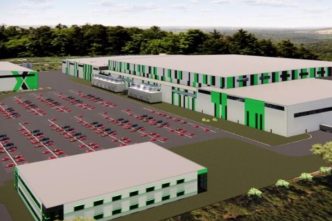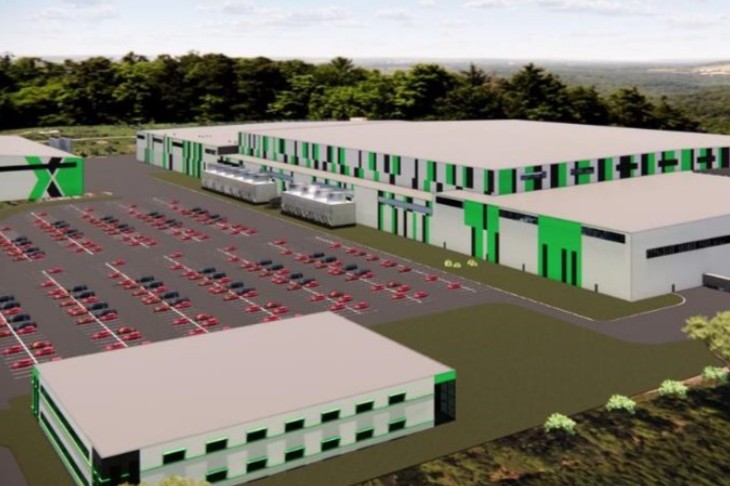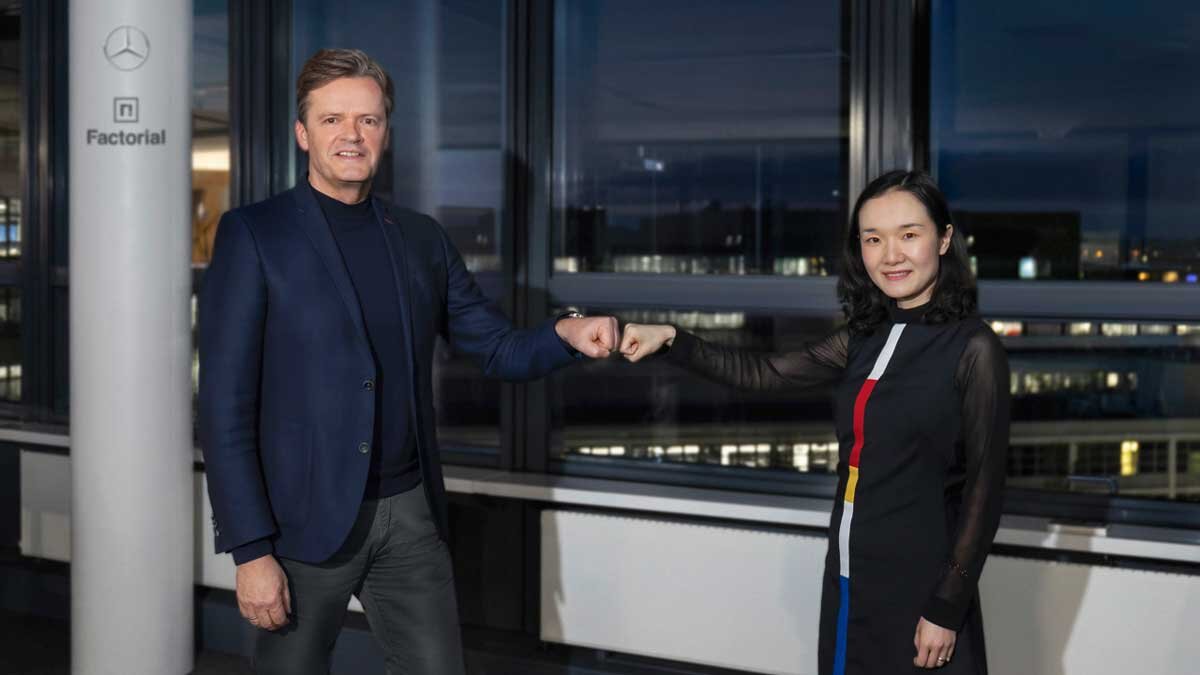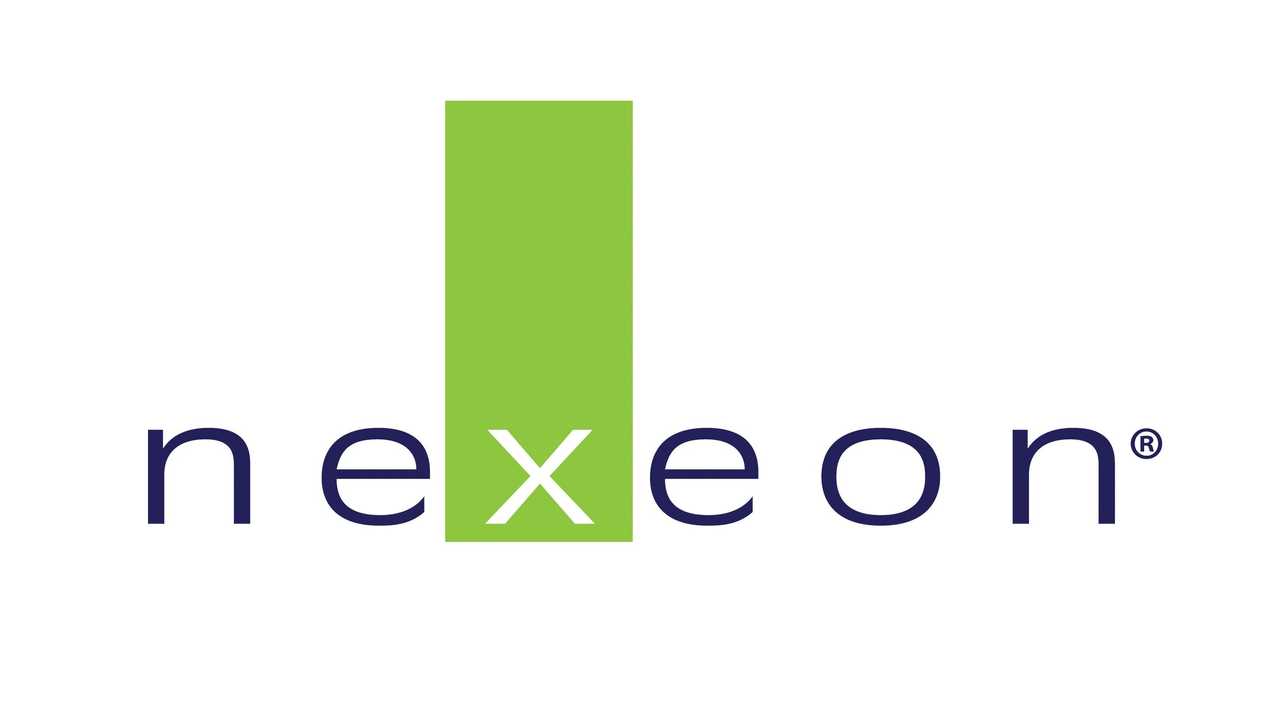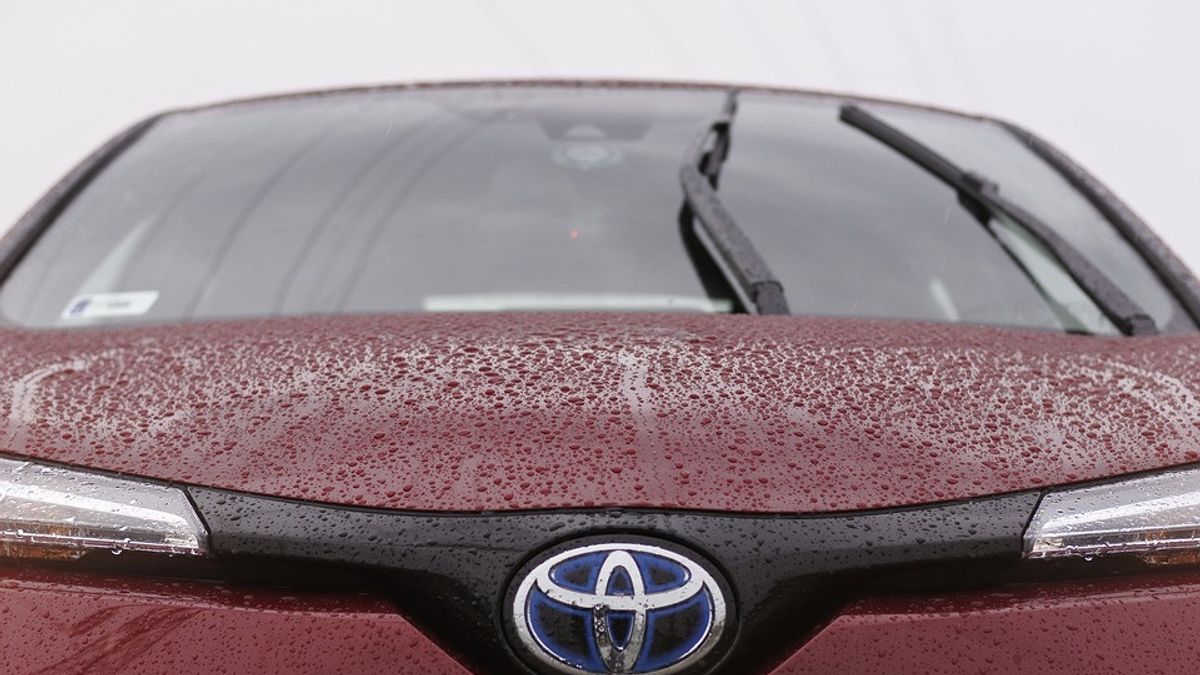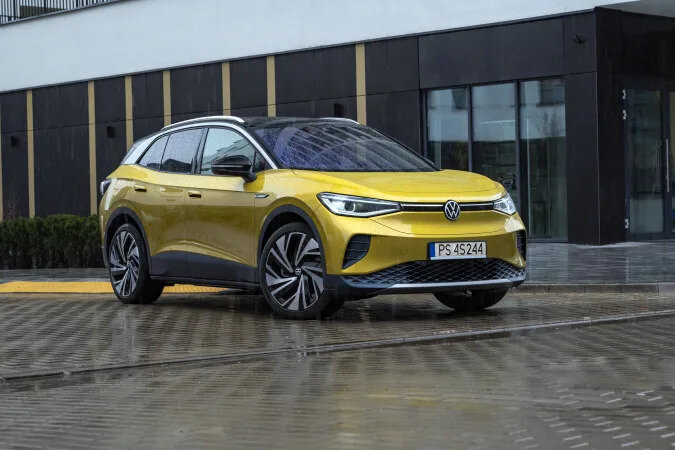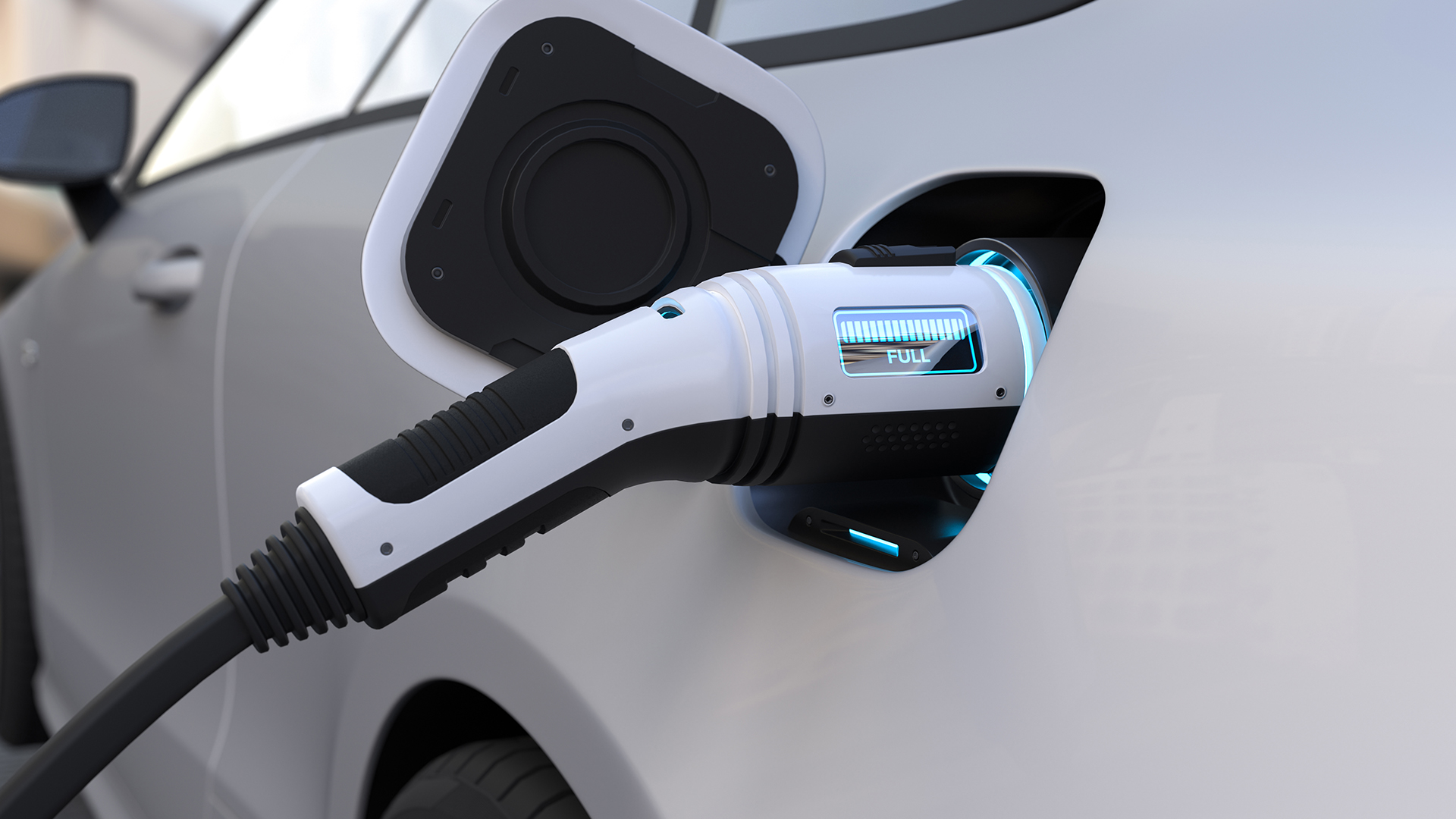The U.S. Department of Energy (DOE) has announced a conditional commitment to provide up to $754 million in loans to Novonix, a battery materials company. The funding would partially finance the construction of a new facility in Chattanooga, Tennessee, focused on manufacturing synthetic graphite for electric vehicle (EV) batteries.
The proposed facility is expected to produce approximately 31,500 tonnes of synthetic graphite annually by the end of 2028, sufficient for lithium-ion batteries powering around 325,000 EVs each year. The production capacity could be expanded to 75,000 tonnes annually, according to Novonix. The plant would complement Novonix’s existing Chattanooga facility, set to commence operations next year with an annual output of 20,000 tonnes.
Novonix has secured agreements with major industry players, including Stellantis and Volkswagen subsidiary PowerCo, for up to 115,000 tonnes and at least 32,000 tonnes of synthetic graphite, respectively. Panasonic and LG Energy Solution are also among its customers, bolstering the company’s role in the U.S. battery supply chain.
The conditional loan, amounting to $754.8 million ($692 million in principal and $62.8 million in capitalized interest), would be provided through the DOE’s Loan Programs Office (LPO). The DOE previously awarded Novonix a $100 million grant from its Office of Manufacturing and Energy Supply Chains (MESC) and selected the company for a $103 million investment tax credit for its Riverside facility.
“This announcement is the culmination of years of hard work and is another critical milestone for our anode materials business towards our target production of 150,000 tpa in North America,” said Novonix CEO Chris Burns.
Burns highlighted the strategic importance of domestic production, citing recent Chinese measures restricting the export of battery-grade graphite. “Our offtake agreements with strong partners have strengthened our leadership in onshoring the synthetic graphite supply chain in North America and supporting the path towards US energy independence,” he added.
As demand for EVs grows, the localization of key materials like synthetic graphite is critical for ensuring supply chain stability and energy security. The DOE’s support reflects broader federal efforts to reduce reliance on foreign suppliers, particularly China, and to accelerate the development of domestic battery manufacturing capabilities.
Pending final approval, the Novonix facility will be a significant step in bolstering the U.S. EV battery supply chain, enabling the production of batteries for hundreds of thousands of electric vehicles annually.

